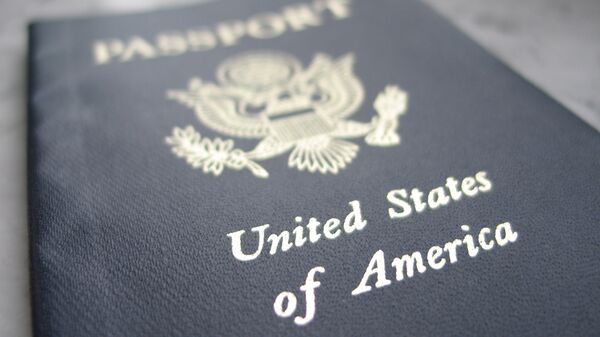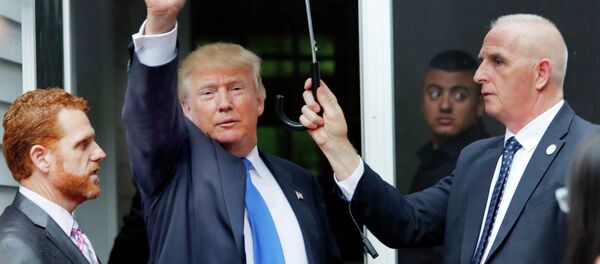Fees have been raised by an average of 21 percent, USCIS reports. USCIS, which in 2016 reported federal budget of 4 billion dollars, claims that they are "almost entirely funded by application and petition fees." The government arm defended the price hikes as necessary to continue operations, and have promised to create a "reduced filing fee" program for those who cannot afford the fees.
USCIS claims to receive and adjudicate approximately 6 million petitions annually, from genealogical searches of their historical records (a $65 fee, up from $20) to the fee to receive a certificate of citizenship ($1,170, up from $600).
USCIS is compelled by federal law to initiate a review every two years as to whether current fees are sufficient to provide services. The branch skipped hikes in 2012 and 2014, according to director Leon Rodriguez, because they were "mindful of the effect fee increases have on many of the customers [they] serve." The last USCIS fees increases occurred in 2007 and 2010.
The US immigrant population has exploded since 2000, reaching 43 million people (13.5 percent of the population) in 2015, the highest proportion of the immigrants to the overall population in a century. Since 2006, USCIS has naturalized close to 7 million immigrants.
The number of immigrants in the United States may soon drastically shrink, however, if statements by the incoming US President are to be believed. President-Elect Donald Trump has sworn to deport 2-3 million illegal immigrants who have criminal records. Carlos Solana, Mexico's ambassador to the United States, has urged Mexican-American immigrants to apply for citizenship as soon as possible to avoid potential deportation.



